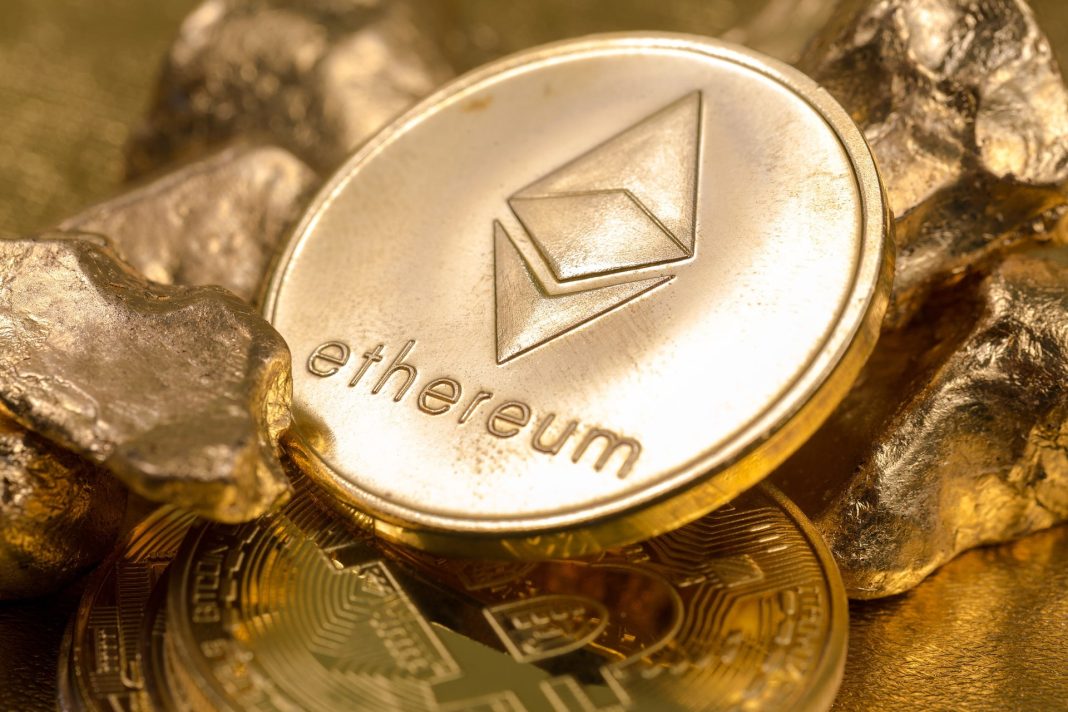Ethereum’s often ridiculous transaction fees have nosedived, what’s good, but this also raising questions about the network’s long-term viability.
Ethereum’s base fees hit new lows
Ethereum, the second-largest cryptocurrency has seen its base gas fees drop to a multi-year low of just 0.8 gwei.
Basefee right now at a multi year low of ~0.8 GWEI. 23.9 would be required to offset staking rewards. IMO Ethereum needs to get more L1 activity again and even if it sounds counterintuitive at such low rates, raising the gas limit can be part of a strategy. pic.twitter.com/RaTkzKOx1r
— Martin Köppelmann 🦉💳 (@koeppelmann) August 10, 2024
Gas fees are the costs users pay to process transactions on the Ethereum network.
The base gas fee represents the minimum amount required to validate a transaction, though users can opt to pay higher fees to prioritize their transactions in the next block.
Historically, Ethereum’s gas fees have fluctuated based on demand, with prices peaking at an unbelivable $196 per transaction in May 2022. We definitely wouldn’t be happy with fees like that.
Be careful what you wish for!
The huge drop in fees follows the new Dencun upgrade, which introduced “blobs”, the technology designed to improve scalability by enabling faster and cheaper transactions.
While this upgrade has made transactions more affordable, it has also disrupted Ethereum’s deflationary narrative, a key selling point for many of its advocates. Of course, the real question here is they want users, or they want buyers?
Data from Ultra Sound Money shows that only 7,729 ETH tokens were burned in the past week, while 18,064 new tokens were issued.
This trend is a clear shift towards inflation, a stark contrast to the deflationary environment Ethereum promoters have long championed.
Rising inflation, just like in case of fiat currencies
Fidelity reported that in the second quarter of this year, Ethereum recorded its highest inflation levels to date.
Analysts from the firm predict that the network will continue to see inflationary quarters moving forward.
This trend has raised concerns among Ethereum supporters who view inflation as a threat to the network’s primary value proposition.
Martin Köppelmann, co-founder of the privacy-focused Ethereum sidechain Gnosis, commented on the situation, noting that a base fee of 23.9 gwei would be required to counterbalance staking rewards.
He suggested that Ethereum needs to increase the Layer 1, the main network activity to restore balance, even if it seems counterintuitive given the current low rates.


